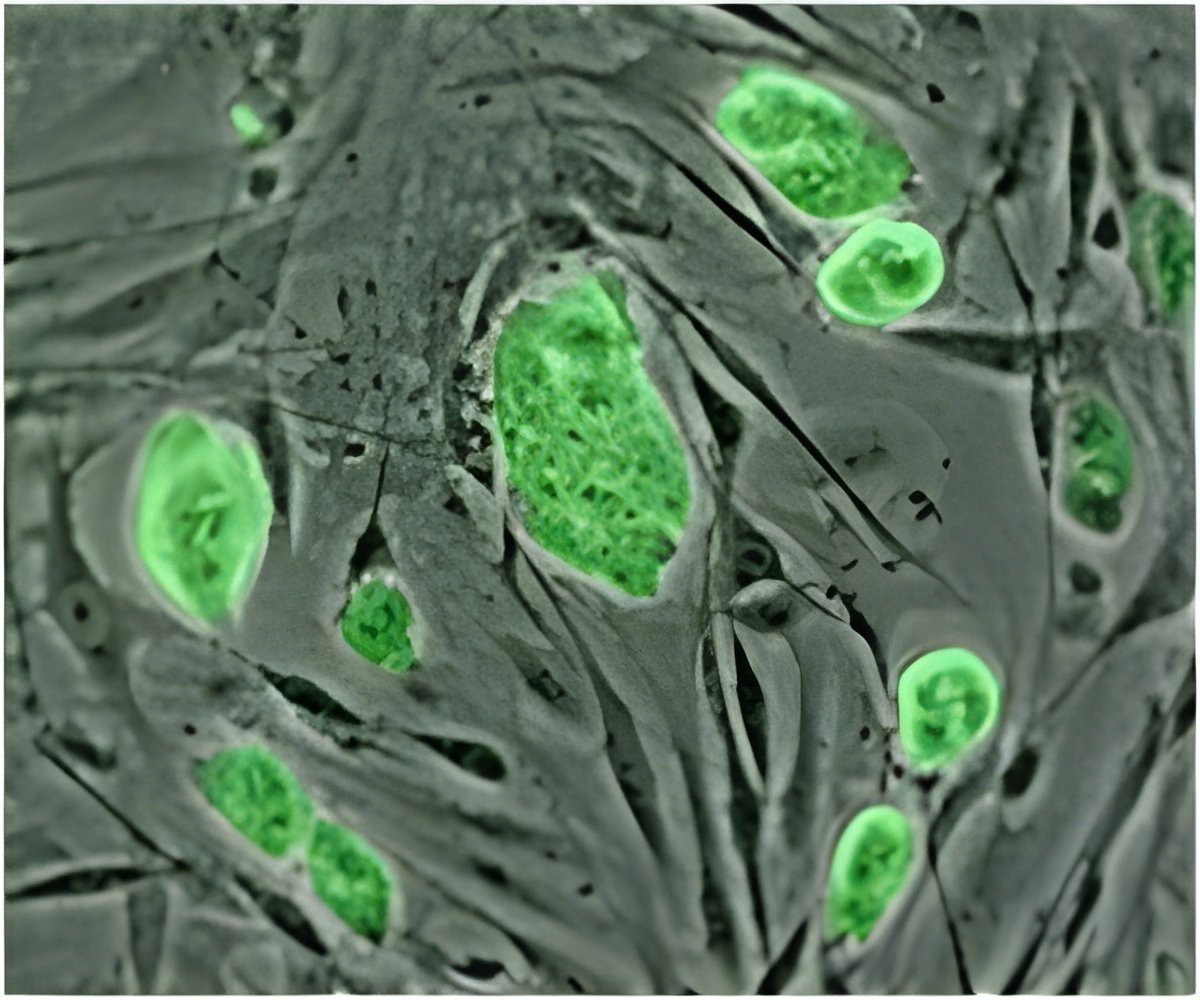
In order to understand the phenomenon, the authors, including Biosciences researchers Dr. James Wakefield, PhD student Daniel Hayward and Experimental Officer in Image Analysis, Dr. Jeremy Metz, combined highly detailed microscopy and image analysis with genetic and protein manipulation of fruit fly embryos.
The innovative research not only describes how the cell can use each pathway in a complementary way, but also that removal of one pathway leads to the cell increasing its use of the others. The researchers also identified that a central molecular complex – Augmin – was needed for all of these routes.
The authors were the first to identify that each of four pathways of spindle formation could occur in fruit fly embryos.
It was previously thought that, in order for chromosomes – packages containing DNA – to line up and be correctly separated, microtubules have to extend from specific microtubule-organising centres in the cell, called centrosomes. However, this study found that microtubules could additionally develop from the chromosomes themselves, or at arbitrary sites throughout the main body of the cell, if the centrosomes were missing.
All of these routes to spindle formation appeared to be dependent on Augmin - a protein complex responsible for amplifying the number of microtubules in the cell.
Advertisement
The group are currently investigating cancer links in light of these findings.
Advertisement
Source-Eurekalert















